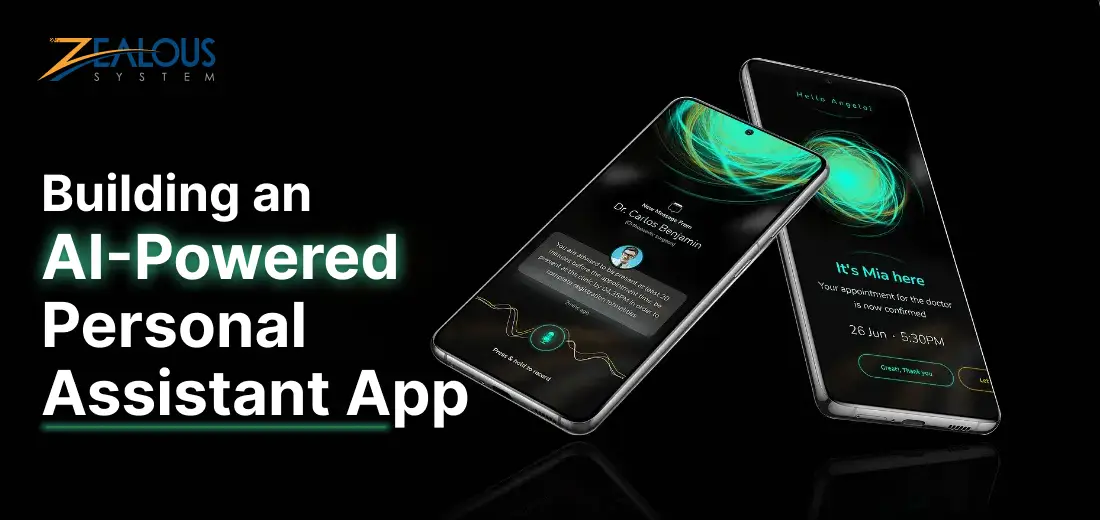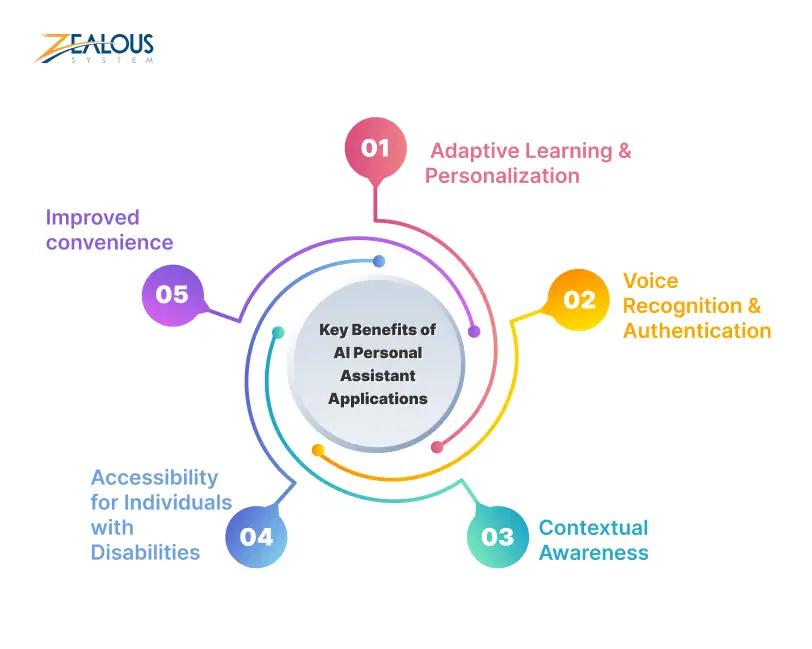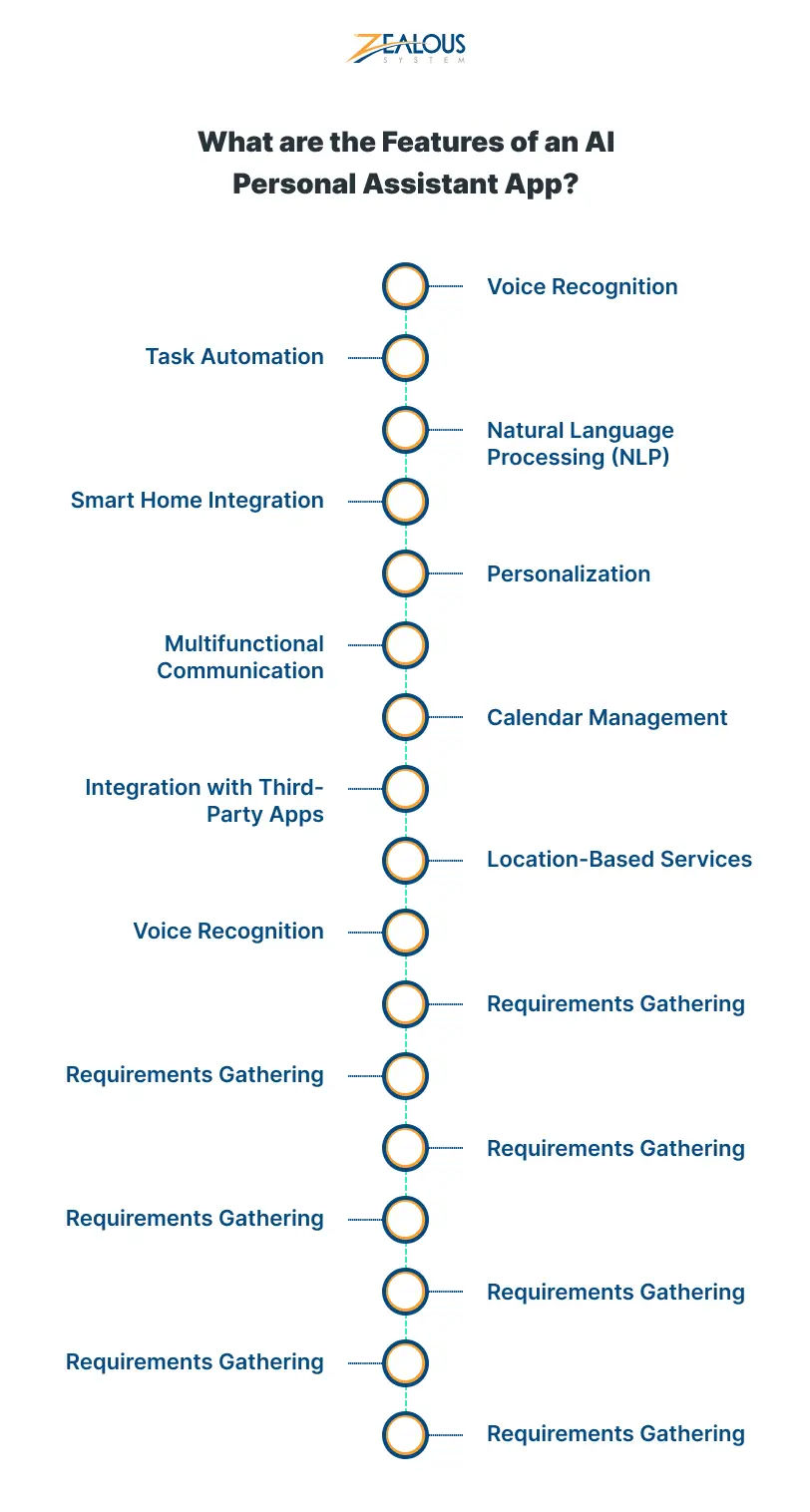
- Company
- Services
- UI/UX Design Services
- Microsoft Dynamics 365
- Mobile App Development
- AI Software Development
- Web App Development
- Generative AI Development
- Digital Product Development
- Enterprise Mobility
- SaaS Application Development
- Application Integration
- White-label WP Maintenance
- ERP Software Solutions
- Software Testing
- Offshore Development Center
- Let’s Connect
- Trending
- Technology
- Industry
- Build Your Team
- Our Work
- Company
- Services
- UI/UX Design Services
- Microsoft Dynamics 365
- Mobile App Development
- AI Software Development
- Web App Development
- Generative AI Development
- Digital Product Development
- Enterprise Mobility
- SaaS Application Development
- Application Integration
- White-label WP Maintenance
- ERP Software Solutions
- Software Testing
- Offshore Development Center
- Let’s Connect
- Trending
- Technology
- Industry
- Build Your Team
- Our Work
We use cookies and similar technologies that are necessary to operate the website. Additional cookies are used to perform analysis of website usage. please read our Privacy Policy
AI Personal Assistant App Development: A Complete Roadmap

Hey Alexa, can you tell me a bit about AI personal assistant apps?
Alexa: Sure.
Caught ya! If you find yourself relying on Siri, Alexa, or Google for random questions recently, then you’re already familiar with AI virtual assistant apps. These apps do more than just manage schedules and emails; they can handle tasks like creating marketing campaigns and representing you in meetings, making life easier.
These AI assistants are good at various jobs, but it’s important to give them clear instructions and remember they’re not human.
Building an AI-powered personal assistant app is no small feat, but with the right roadmap and knowledge, you can create a valuable tool that simplifies and enhances users’ lives. This blog will guide you through the entire process, from ideation to launch and beyond.
Recent data shows that 42 percent of US smartphone owners use AI assistants every month. People like these apps because they’re convenient, efficient, and personalized. As these apps get better, they’ll become even more a part of our daily lives.
This blog is a guide to making AI AI personal assistant apps. We’ll talk about important features, benefits, and the top 3 AI AI personal assistants. By the end, you’ll know how to develop an AI Virtual Assistant App and get an idea of the cost.
Let’s get into it. first, we’ll look at,
What are AI-enabled Smart Personal Assistant Apps?
AI-powered personal assistant apps are software programs that use artificial intelligence to help users with tasks. These apps work on smartphones, tablets, smartwatches, and cars.
A well-known example is Google Assistant. It can do various things, like setting alarms, making calls, sending texts, playing music, and managing smart home devices. People like it because it works on many devices and can handle different tasks.
Key Benefits of AI Personal Assistant Applications
AI-enabled smart personal assistant apps use advanced technologies to make digital interactions more convenient, productive, and accessible. Here are some of the key benefits:
1. Improved convenience:
The recent advancements in technology prioritize improved convenience and accessibility. Through hands-free control and voice commands, users can seamlessly operate smart home devices and obtain information via natural language interactions. This ensures swift access to answers and various functions and serves as a valuable tool for individuals with disabilities, facilitating easier control of their environment and access to information.
2. Adaptive Learning and Personalization:
AI personal assistant apps continuously learn from user interactions, adapting to preferences and behaviors over time. This adaptive learning enables them to provide increasingly personalized assistance. Whether it’s suggesting tailored recommendations, anticipating user needs, or customizing responses, these applications become more attuned to individual preferences, ultimately enhancing the user experience.
3. Voice Recognition and Authentication:
With advancements in voice recognition technology, AI personal assistants can accurately identify and authenticate users based on their unique voice patterns. This feature enhances security and privacy, ensuring that sensitive information remains protected. Users can access personalized data and perform tasks securely through voice commands, adding an extra layer of convenience and protection.
4. Contextual Awareness:
AI personal assistants are becoming increasingly adept at understanding and interpreting contextual information. They can consider previous interactions, location, time, and user preferences to provide more relevant and timely assistance. This contextual awareness enables more accurate responses and recommendations, making the user experience more efficient and tailored to individual needs.
5. Accessibility for Individuals with Disabilities:
These apps play a crucial role in improving accessibility for individuals with disabilities. Through voice commands, gesture controls, and other adaptive features, these applications empower users with diverse abilities to interact with technology more easily. This inclusivity ensures that technology is a tool for everyone, regardless of physical or cognitive limitations.
What are the Features of an AI Personal Assistant App?
AI personal assistant apps typically offer a range of features including:
1. Location-Based Services:
Utilizing location data, AI personal assistants offer location-specific information, such as local weather updates, nearby points of interest, and navigation assistance.
2. Voice Recognition:
These assistants accurately identify and understand spoken language, enabling hands-free interactions for users.
3. Task Automation:
They perform various tasks, including setting reminders, sending messages, making calls, and scheduling appointments, streamlining daily activities for users.
4. Natural Language Processing (NLP):
NLP capabilities empower these assistants to engage in more human-like conversations and provide context-aware responses.
5. Smart Home Integration:
Seamlessly integrating with smart home devices, these assistants allow users to control lights, thermostats, security systems, and other connected appliances through voice commands.
6. Personalization
Continuously learning from user interactions, AI personal assistants deliver personalized recommendations, news updates, and content tailored to individual preferences.
7. Multifunctional Communication:
Enabling users to send messages, make calls, and interact with contacts through various communication channels, ensuring seamless and versatile communication.
8. Calendar Management:
Assisting in managing schedules and calendars, setting reminders for important events, and helping users stay organized with their daily tasks.
9. Integration with Third-Party Apps:
AI personal assistants seamlessly integrate with various third-party applications, enabling users to perform tasks like ordering food, booking rides, or checking the status of packages through voice commands.
How Much Does it Cost to Build an AI Personal Assistant App?
The cost of building an AI personal assistant app can vary widely depending on several factors, but a rough estimate would fall somewhere between $40,000 and $100,000. However, this is just a starting point, and the actual cost could go much higher or lower based on several key factors:
Factors Affecting App Development Cost:
- Complexity of features and functionalities: More advanced features like natural language processing, context awareness, and personalized recommendations will increase the cost.
- AI engine and algorithm selection: Different AI engines have varying costs and require specific expertise, impacting the development budget.
- Team composition and location: Hiring experienced developers, AI specialists, and UI/UX designers can be costly, especially if you hire from high-cost regions.
- Development platform and tools: Choosing specific platforms and tools can have cost implications based on licensing fees or required infrastructure.
- Testing and maintenance: Rigorous testing and ongoing maintenance add to the overall development cost.
Top 3 AI-Powered Intelligent Personal Assistants in the Market
1. Apple Siri:
Siri, developed by Apple in 2011, is an innovative personal assistant deeply embedded within the Apple device lineup. Using advanced language processing and machine learning, Siri understands and responds to user voice commands effectively.
Siri’s strength lies in its seamless application integration across Apple products, including iPhones, iPads, Macs, and HomePods. It prioritizes user privacy and adapts over time to offer personalized assistance and recommendations, even though it may not have as many third-party integrations as some competitors.
2. Amazon Alexa:
Alexa, introduced alongside the Echo smart speaker in 2014 by Amazon, has evolved into a powerful personal assistant with a significant focus on smart home automation. Alexa’s versatility is evident in its extensive library of third-party skills, enabling users to control smart devices, play music, set reminders, and make purchases through voice commands.
Alexa’s strength lies in its open development platform, fostering a rich ecosystem where developers can create innovative voice-enabled applications, making it a central hub for smart home control.
3. Google Assistant:
Google Assistant, unveiled in 2016, is deeply integrated into the Google ecosystem, providing a seamless experience across various devices. Leveraging Google’s vast knowledge graph and search capabilities, Google Assistant excels in delivering accurate and contextually relevant information. Its conversational nature allows users to ask follow-up questions, making interactions more natural.
Google Assistant’s integration with Google services enables users to access emails, and calendar events, and navigate Google Maps effortlessly. With ongoing improvements and compatibility with an expanding list of devices, Google Assistant continues to be a strong player in the personal assistant market.
Develop AI Virtual Assistant App with Zealous
Revolutionize digital interactions with Zealous, your one-stop mobile application development company specializing in cutting-edge AI personal assistant apps. We understand the power of these intelligent companions and leverage our user-centric approach to seamlessly integrate features like natural language processing, voice recognition, and adaptive learning.
Driven by cost-effectiveness, we offer scalable solutions, starting with a basic MVP, built around your app’s unique vision. Hire mobile app developers at Zealous who are passionate about pushing boundaries and exceeding user expectations. Together, we can revolutionize digital interactions and create personalized, intelligent AI Virtual Assistant apps that truly enhance your users’ lives.
We are here
Our team is always eager to know what you are looking for. Drop them a Hi!
Pranjal Mehta
Pranjal Mehta is the Managing Director of Zealous System, a leading software solutions provider. Having 10+ years of experience and clientele across the globe, he is always curious to stay ahead in the market by inculcating latest technologies and trends in Zealous.
Table of Contents
×



Comments